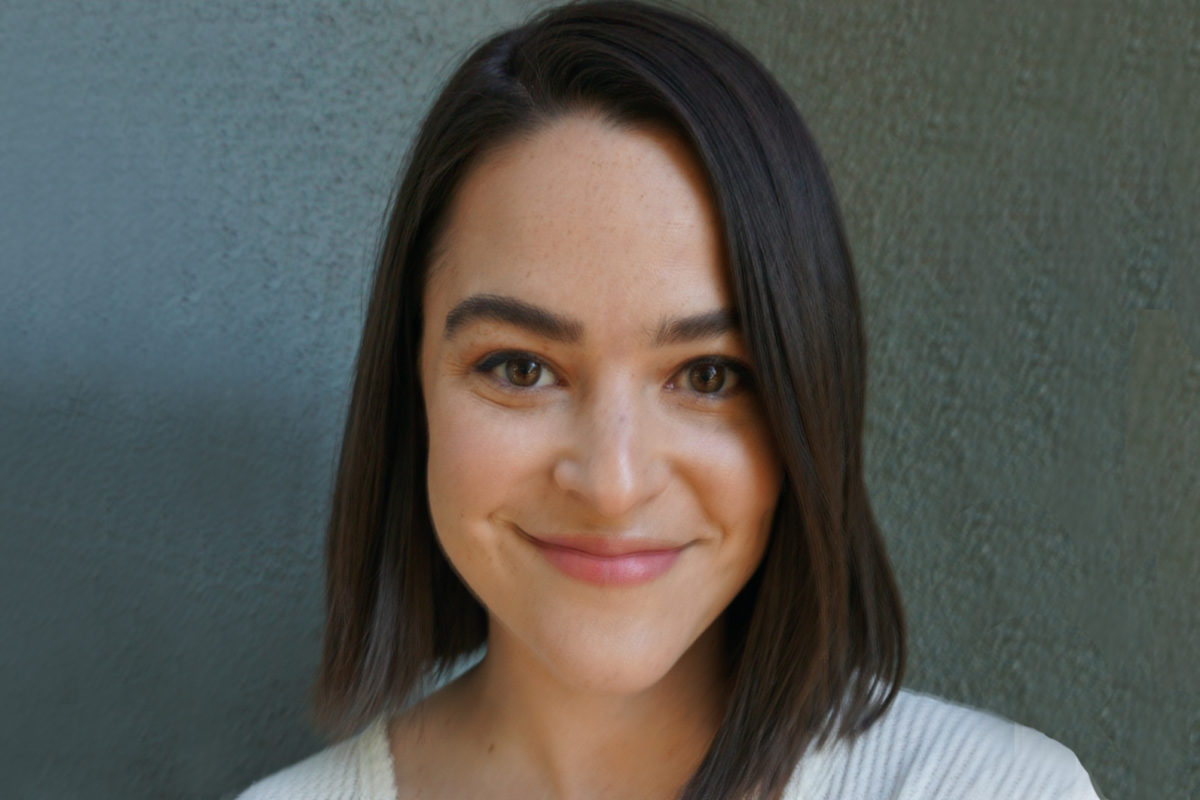
In this series of alumni profiles, we highlight graduates of USC’s master of science program in stem cell biology and regenerative medicine. Our accomplished alumni have pursued many different paths—ranging from a biotech industry job to a teaching career, and from a PhD program to professional degrees in medicine, dentistry, and law. As the 41 master’s students in the Class of 2022 prepare for graduation, we look forward to welcoming them into our vibrant, diverse, and growing community of alumni. Congratulations Class of 2022, and Fight On!
–Francesca Mariani, master’s program director
Most people who have Clare Yarka’s job title—Scientist at Instil Bio—also have a PhD. But Yarka entered industry immediately after earning her master of science degree in stem cell biology and regenerative medicine from USC, and never looked back.
“I was super deliberate about each step,” she said, “but I was also given incredible opportunities.”
Science runs in Yarka’s family. Her parents were both petroleum geologists, and her grandfather was also a geologist and Vice Chancellor of Syracuse University. Growing up in Denver, Yarka remembers taking road trips where her parents would read aloud from the Roadside Geology of Colorado and Roadside Geology of Utah.
“I was constantly barraged with geology,” Yarka said.
Naturally, she rebelled and declared a biology major at the University of Notre Dame. The course load was challenging, and Yarka jokes: “I was one of the biology students that probably should have dropped it and become a business major, just because my grades weren’t spectacular. But I was stubborn about it, and I knew it was what I was passionate about.”
She became even more passionate about her chosen major when she joined the retinal regeneration lab of David R. Hyde, who studies how zebrafish regenerate lost neurons as a model for ocular or neurodegenerative diseases. Asking questions and designing experiments came naturally to her, and she knew that she belonged in research.
Hyde encouraged her to apply to PhD programs, but she wasn’t accepted into any. Undeterred, she took a job as a research tech studying cellular signals in the lab of Lea Goentoro at Caltech, before being accepted into the master’s program in stem cell biology and regenerative medicine at USC.
During the master’s program, she met her first role models in the biotech industry through the course SCRM 515 Bringing Stem Cells to the Clinic. She also met patients while working in the lab of Stephen Gruber, who was the director of the USC Norris Comprehensive Cancer Center.
“I was translating a lot of their genomic surveys from Spanish, so I got this patient connection,” she said. “And that’s what flipped the switch for me: how can I be working in research, but also be directly impacting patients? I lost the desire to get my PhD, because I didn’t want to get further away from making this impact, I wanted to get closer.”
Inspired to help develop clinically relevant therapies, she applied to a research associate position at Kite Pharma, and got the job. She worked with the team to file six INDs—investigational new drug applications—to get permission from the Food and Drug Administration to start human clinical trials for cancer immunotherapies.
She was promoted to Senior Research Associate, and then to Associate Scientist. After Kite Pharma was acquired by Gilead Sciences, it became obvious that there wouldn’t be an opportunity to buck the traditional requirement of having a PhD in order to be promoted to the next level: Scientist.
“I definitely met that ceiling very concretely,” she said. “So that’s when I left to join Instil Bio.”
In September 2020, Yarka started her job as a Scientist at the cancer immunotherapy company, which is still in an early and exciting phase of its growth. Between work and wedding planning—she’s getting married in Park City, Utah this fall—life is busy, but she loves the fast pace at Instil Bio and finds it similar to the very early days of Kite.
“I thrived in this early phase at Kite, and I knew I was jumping into that type of environment at Instil,” she said. “It’s extremely aggressive timelines. The priorities change at the drop of a hat. So it’s always benefited me to be really flexible, and to say, ‘Yes, that’s fine. You can put me on a different project.’ It’s only ever helped me.”
